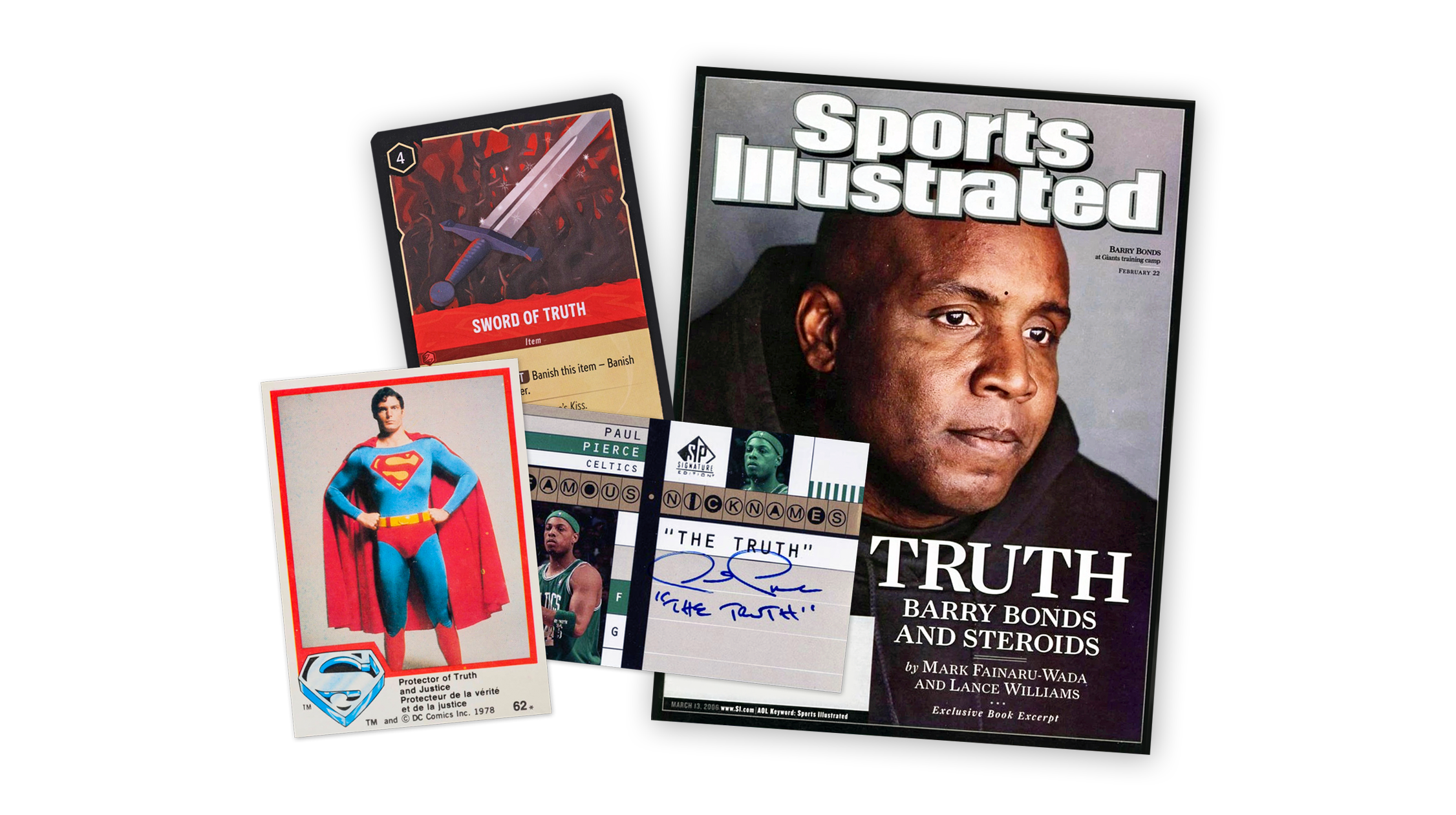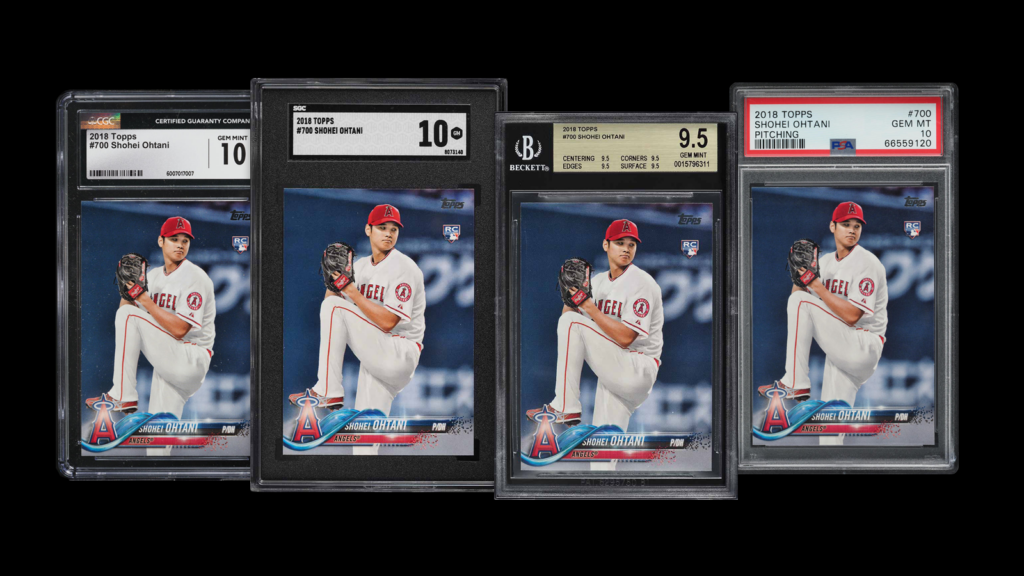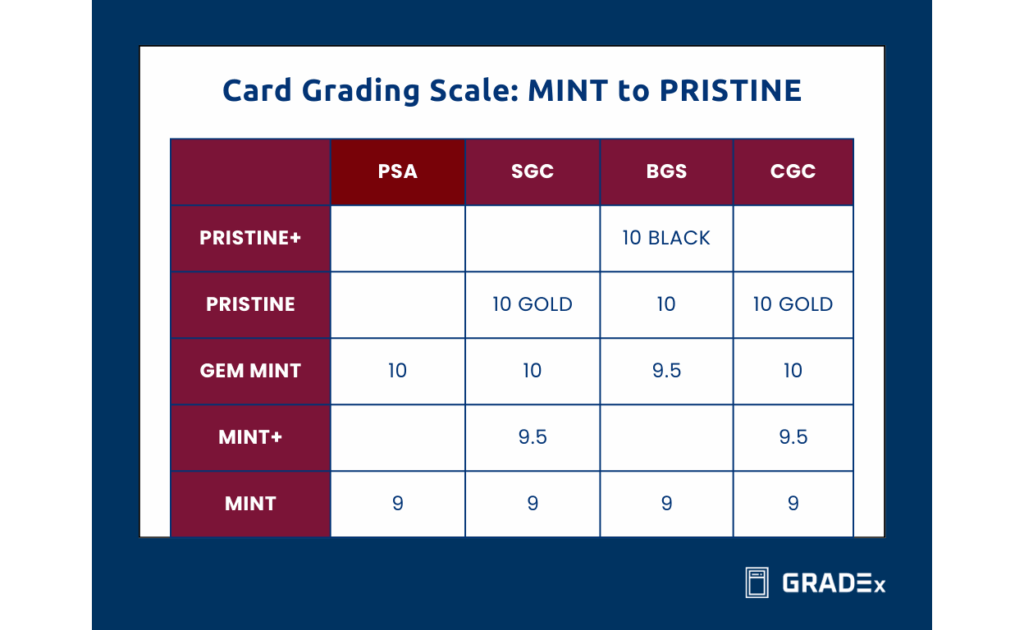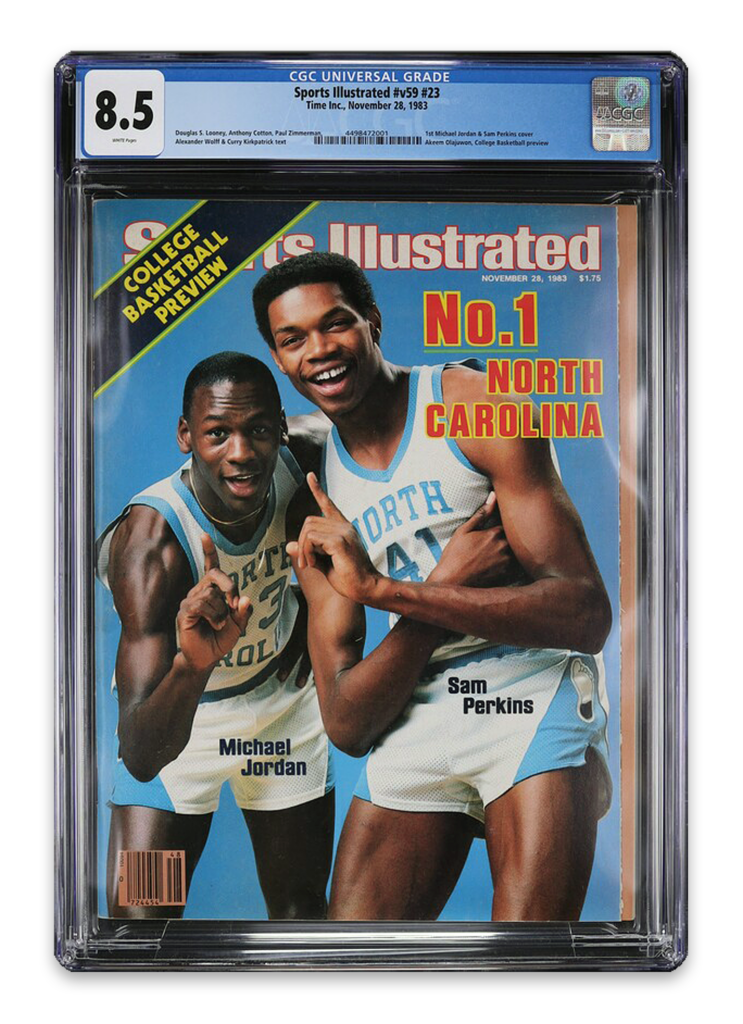Whether you collect trading cards, memorabilia, action figures, vintage tickets, video games, or historical artifacts, the collecting landscape will continue to evolve over the next five to ten years. Advances in technology, shifts in market trends, and changes in how collectors connect and trade will all shape the future of the hobby in ways we can’t fully predict.
With that in mind, we asked ourselves: What are the timeless truths about collecting that will remain constant, no matter how the hobby changes? These enduring principles form the foundation of collecting and continue to guide enthusiasts across all categories and generations.
Nostalgia and Sentimental Value
Many collectibles hold deep personal meaning beyond their monetary worth. An item might remind someone of a loved one, a special time in their life, or a meaningful place. These emotional connections often make a collectible more valuable to its owner than any price tag could reflect. For many collectors, it’s these personal stories that make their collection truly special. For a deep dive into the power of nostalgia, we encourage you to listen to this episode of The Ringer’s Sports Cards Nonsense about the Power of Nostalgia with Clay Routledge.
Historical Connection
Many collections provide a tangible link to the past. Items like vintage tickets, ancient coins, historical autographs, and old documents offer insights into different eras, cultures, and significant events. By collecting and preserving these artifacts, collectors help keep history alive. The hobby becomes more than just acquiring items — it’s about preservation, storytelling, and education.
Driven by Passion
Collecting often starts from a genuine interest or enthusiasm. Whether it’s trading cards, autographs, magazines, or memorabilia, collectors are typically passionate about their chosen subject. This excitement drives the search for new items and keeps the hobby enjoyable.
Requires Time
Building a meaningful collection takes time, patience, and dedication. Collectors invest hours researching, hunting for specific items, attending shows and conventions, browsing auctions, and organizing their collections. Each step — from finding a rare piece to learning its history — adds depth to the experience and makes the journey personally rewarding.
Research Intensive
Collectors often spend significant time learning about the history, production methods, and significance of the items they pursue. This research deepens their appreciation and helps them identify authentic items, understand market value, and make confident purchasing decisions. Using trusted sources — like expert publications, established dealers, official databases, and knowledgeable communities — is essential for accurate information.
Educational
Collecting can be highly educational. Over time, many collectors develop deep expertise in their field. They learn to recognize subtle details, understand historical context, and appreciate how items have evolved. This knowledge enhances enjoyment and guides purchasing decisions. For many, the learning process is as rewarding as the collection itself.
Financial Investment
Building a collection can be expensive, but it can also be an investment. Items like vintage trading cards, rare tickets, autographs, and antiques can appreciate significantly over time. Many collectors view their collections as tangible assets that may grow in value. However, collecting becomes more of a gamble than an investment without proper research.
Rarity
Rarity is a major factor in determining a collectible’s demand and value. Items from limited editions, no longer in production, or made during short runs often become highly sought after. The harder something is to find, the more desirable it becomes — especially when it features a popular subject or historical significance. Understanding rarity helps collectors make strategic decisions.
Cataloguing and Organization
Keeping a collection organized is essential for enjoyment and maintaining value. Proper organization makes items easy to access and display while ensuring nothing is overlooked. Cataloguing — through software, spreadsheets, or detailed records — helps track what’s in the collection, identify gaps, and plan future acquisitions. Thorough documentation is also valuable for insurance, appraisals, and estate planning.
Negotiation
Buying, selling, and trading collectibles often involves negotiation. Whether at conventions, online marketplaces, or private sales, collectors develop bargaining and interpersonal skills as they seek the best value. This requires knowledge of market trends, item rarity, and timing, adding a strategic element to the hobby.
Authenticity
Authenticity is vital, as an item’s true value depends on its genuineness. Ensuring a collectible is authentic gives collectors confidence in their purchase. This is especially important with rare or high-value items where counterfeits can be sophisticated. Certificates of authenticity, professional grading services, expert appraisals, and purchases from trusted sellers help verify legitimacy and protect investments.
Condition, Preservation and Storage
Condition often determines value — items in top condition are typically more valuable. Collectors handle items carefully and may seek professional grading. Preservation methods include climate-controlled storage, protective sleeves, holders, cases, and binders, while avoiding direct sunlight.
Display
How collectibles are displayed enhances enjoyment. A thoughtful display highlights each item’s uniqueness and allows collectors to share their passion with others. Options range from custom shelving and shadow boxes to digital and interactive setups.
Market and Trend Awareness
Successful collectors stay informed about market trends and values by tracking auction results, following industry news, and using price guides. The popularity and value of collectibles fluctuate based on market and cultural trends. For example, interest in sports trading cards has surged recently, while other items may decline. Staying aware of these trends is important.
Rookie Prospecting
Rookie prospects in sports, especially trading cards, offer an exciting opportunity to engage with unproven talent. While few rookies reach superstar status, some do achieve greatness, making their cards highly sought after. Even with setbacks like injuries or inconsistent performance, following players’ careers and potentially uncovering hidden gems keeps the hobby dynamic.
Community
Collectors often form strong connections with others who share their interests. Through online forums, social media groups, local clubs, or in-person events, these communities provide support, knowledge sharing, and trading opportunities. Engaging with fellow collectors leads to lasting friendships, helpful advice, and a deeper understanding of the hobby.
Discovery
The thrill of discovering a new item or completing a set is one of the most rewarding aspects of collecting. Whether finding a rare piece or checking off a long-sought item, these moments provide deep satisfaction. This ongoing pursuit keeps the hobby engaging — there’s always something new to uncover or learn.
Patience
Collecting requires patience and persistence. Finding specific items, especially rare ones, can take months or years. Collectors wait for the right opportunity — a chance discovery, a secondary market listing, or a trade. While challenging, this waiting period adds to the excitement when an item is finally acquired, making each addition feel more rewarding.
CONCLUSION
No matter what you choose to collect, there are timeless principles that have guided collectors for generations. While collecting can be an incredibly exciting and fulfilling hobby, it can also involve considerable time, effort, and financial investment. That’s why approaching it with thoughtful planning and preparation is essential.
Start by thoroughly researching the items that interest you — understand their history, significance, and market value. Informed collecting not only helps you make better decisions but also deepens your appreciation for each piece. Practice patience, as discovering the right addition to your collection often takes time and perseverance. Stay organized by keeping detailed records and ensuring your items are properly stored and maintained to preserve their condition and value.
Most importantly, embrace the entire experience. Celebrate milestones, share your passion with others, and enjoy the sense of discovery that comes with every new find. Collecting isn’t just about the items — it’s about the stories they tell and the joy they bring along the way.

GRADEx Staff
This story is a team effort. Our writers, editors, and hobby experts worked together, researching and reporting to bring you this piece.






